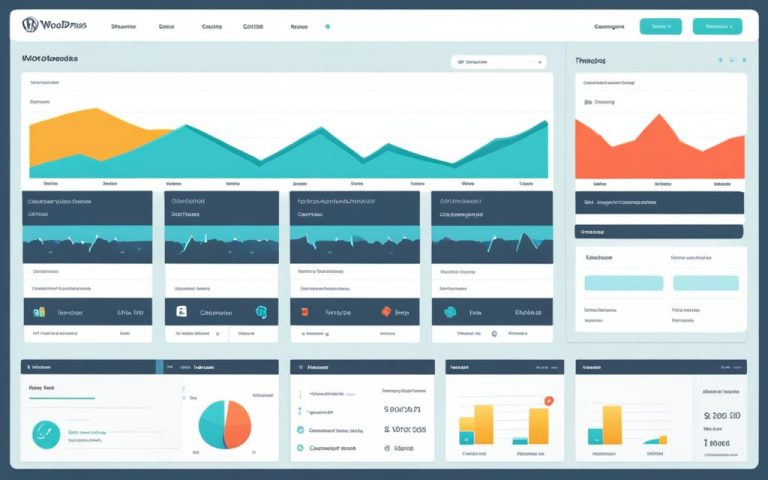Guideline for Search Engine Site Submissions Tips
Getting indexed on search engines like Google is crucial for driving free traffic to your website. While search engines can discover websites on their own, manually submitting your site can provide peace of mind and allow you to directly inform search engines about important updates and changes.
To submit your website to search engines, you’ll typically need access to your website’s backend and the main search engine tools, such as Google Search Console and Bing Webmaster Tools.
Submitting your website to Google involves adding your sitemap to Google Search Console, while submitting to Bing automatically includes submission to Yahoo as well. DuckDuckGo automatically indexes websites and doesn’t require manual submission.
It’s important to note that submission services are unnecessary and can even lead to spammy emails offering low-quality SEO services. You can check if your website is successfully indexed by searching your web address on Google or using the “site:” operator.
Overall, manually submitting your website to search engines is a simple and effective way to optimize your online visibility.
How to Submit Your Website to Search Engines
To submit your website to search engines, you’ll first need to have access to your website and its backend. Then, you can use the respective search engine tools to submit your site.
For Google, you can submit your website by adding your XML sitemap to Google Search Console. Locate your XML sitemap, which is typically found at yourwebsite.com/sitemap.xml. Then, open Google Search Console and go to the “Index” section, select “Sitemaps,” and paste your sitemap URL. Repeat this process if you have multiple sitemaps.
Bing Webmaster Tools also allows you to submit your website by adding your sitemap URL in the “Sitemaps” section.
Submitting your website to Bing automatically includes submission to Yahoo as well. However, DuckDuckGo doesn’t require manual submission as it automatically indexes websites from various sources, including Bing.
It’s important to avoid submission services as they are unnecessary and may lead to spam emails.
Checking the indexing status of your website can be done by searching your web address on Google or using the search operator command “site:” in Google.
By following these steps, you can easily submit your website to search engines, ensuring that your site gets indexed and improves its online visibility.
The Importance of Organizing Your Site and Creating Compelling Content
When it comes to optimizing your website for search engines and providing a great user experience, organizing your site is key. By arranging your website in a logical and user-friendly manner, you can help search engines and users navigate your site more effectively.
One important aspect of site organization is using descriptive URLs that contain relevant keywords. When your URLs clearly indicate what the page is about, it improves the visibility of your website in search results. This can attract more organic traffic and increase your chances of ranking higher.
Another effective way to organize your site is by grouping topically similar pages in directories. This helps search engines understand the structure of your site and crawl it more efficiently. By organizing your content in a hierarchical manner, you can enhance the overall user experience and make it easier for visitors to find what they’re looking for.
Along with organizing your site, it’s crucial to address any issues with duplicate content. Search engines prefer to show a single canonical URL for each piece of content, so it’s important to ensure that your website doesn’t have duplicate versions of the same page. This can be achieved through proper canonicalization techniques.
However, organizing your site is not just about structure and technical aspects. It’s equally important to create compelling and unique content. Your website should provide interesting and useful information that is well-written, easy to read, and up-to-date. By consistently offering helpful and reliable content, you can make your website more valuable to users, increasing the likelihood of it appearing in search results.
Remember to consider the words and keywords that users might search for when creating your content. By incorporating relevant keywords in your website’s copy, you can optimize your content for better search visibility.
In some cases, giving users the option to opt out of search results through methods like the robots.txt file can be helpful. This ensures that certain pages or sections of your site won’t appear in search engine results if desired.
By following these guidelines for organizing your site and creating compelling content, you can improve your website’s presence and visibility in search engine results. This will ultimately attract more organic traffic, engage users, and help your website reach its full potential.
FAQ
What is the importance of submitting my website to search engines?
Getting indexed on search engines like Google is crucial for driving free traffic to your website. While search engines can discover websites on their own, manually submitting your site can provide peace of mind and allow you to directly inform search engines about important updates and changes.
How do I submit my website to search engines?
To submit your website to search engines, you’ll first need access to your website’s backend. Then, you can use search engine tools like Google Search Console and Bing Webmaster Tools. For Google, add your XML sitemap to Google Search Console. For Bing, add your sitemap URL in the “Sitemaps” section. DuckDuckGo automatically indexes websites and doesn’t require manual submission.
How can I check if my website is successfully indexed?
You can check if your website is indexed by searching your web address on Google or using the “site:” operator. This will show you if your website appears in search results.
What are some tips for organizing my website and creating compelling content?
Organizing your website in a logical and user-friendly way can help search engines and users navigate your site more effectively. Using descriptive URLs and grouping topically similar pages in directories can improve search visibility. It’s important to address any issues with duplicate content and focus on creating compelling and unique content. Providing helpful and reliable information will make your website more valuable to users and increase its chances of appearing in search results.













